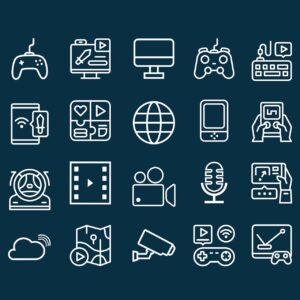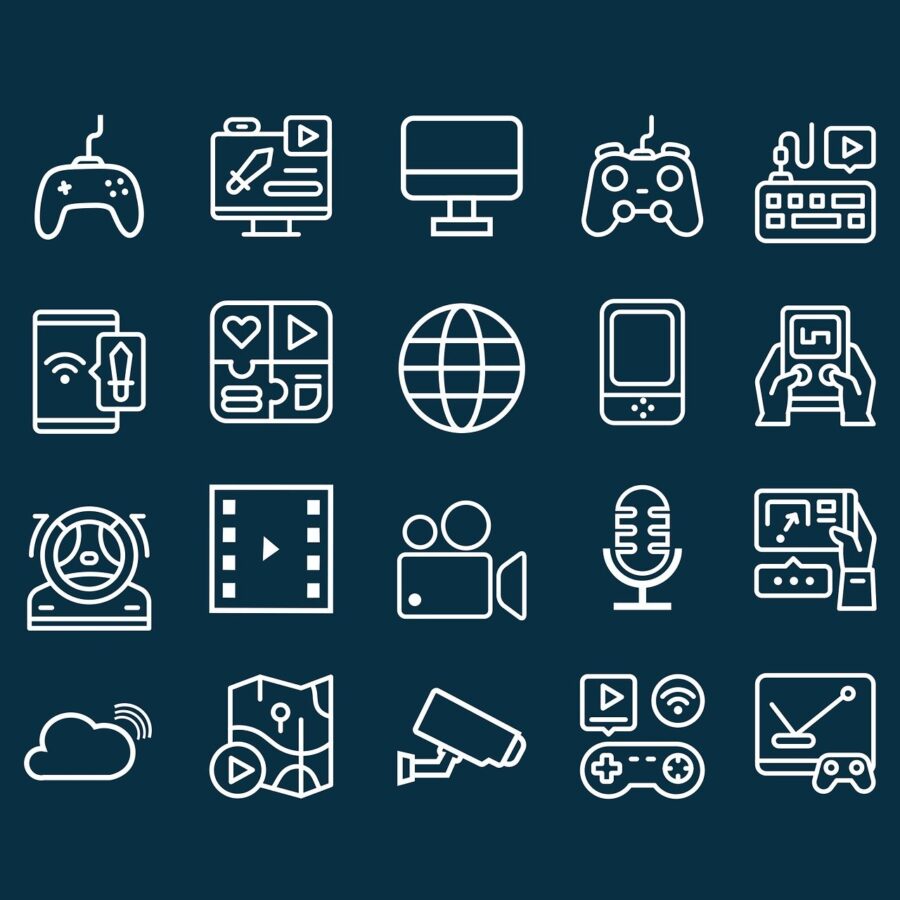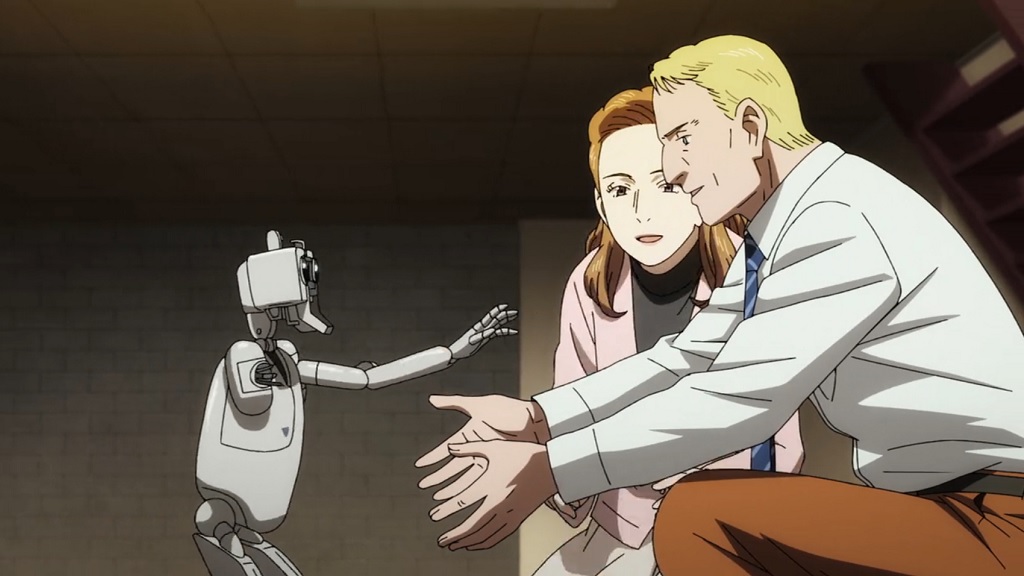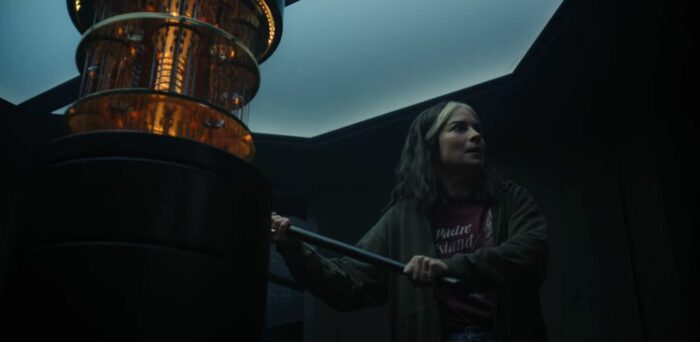Digital Inheritance and Entertainment Media: Can We Pass Down Our Digital Collections When We Die?
By: Garrett Schneider

The Internet became available to the public in April 1993, and has fundamentally changed how we think about media access, consumption, and ownership. Especially in recent years, the shift from physical media to digital has become ever more drastic – since 2018, streaming subscriptions have grown from 55% of home media sales to 88% by 2023.[1] Physical media sales sit at just 3% of total sales.[2] While the convenience of streaming and digital media is unquestionable, its ubiquity presents a question as to how we build our media collections, and who owns them when we no longer can.



